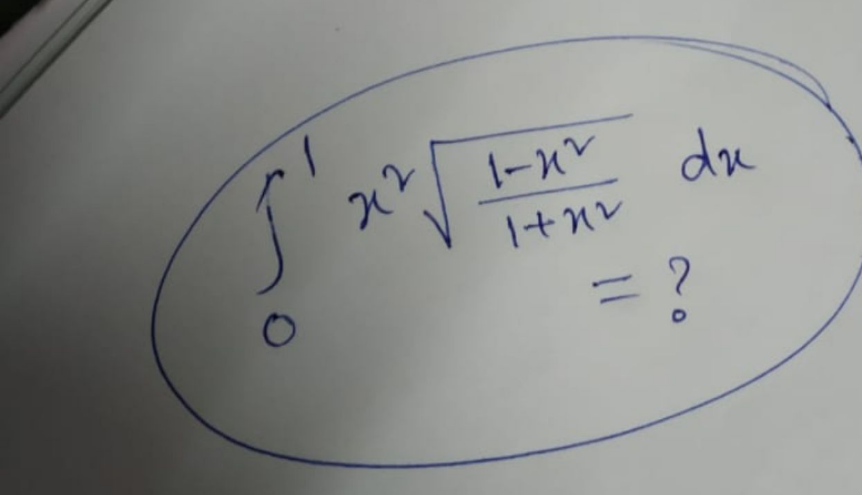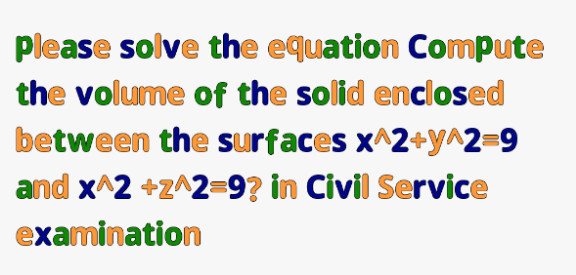
IntegrationQuestion and Answers: Page 120
Question Number 127948 Answers: 1 Comments: 0

Question Number 127952 Answers: 1 Comments: 0

Question Number 127925 Answers: 1 Comments: 0
Question Number 127904 Answers: 2 Comments: 0
Question Number 127885 Answers: 1 Comments: 0
Question Number 127870 Answers: 2 Comments: 0
Question Number 127857 Answers: 0 Comments: 1
Question Number 127851 Answers: 1 Comments: 0
Question Number 127833 Answers: 2 Comments: 0

Question Number 127815 Answers: 0 Comments: 1

Question Number 127789 Answers: 0 Comments: 8

Question Number 127779 Answers: 2 Comments: 0
Question Number 127777 Answers: 1 Comments: 0
Question Number 127776 Answers: 0 Comments: 0
Question Number 127775 Answers: 1 Comments: 0
$${prove}\:{that}\:\int_{\mathrm{0}} ^{\infty} \:{e}^{−{x}} {lnxdx}=−\gamma \\ $$
Question Number 127774 Answers: 2 Comments: 0
Question Number 127772 Answers: 1 Comments: 0
Question Number 127732 Answers: 0 Comments: 0
Question Number 127704 Answers: 1 Comments: 0
Question Number 127679 Answers: 0 Comments: 0
Question Number 127631 Answers: 0 Comments: 0
Question Number 127618 Answers: 2 Comments: 0
Question Number 127616 Answers: 0 Comments: 1
Question Number 127605 Answers: 1 Comments: 0
Question Number 127604 Answers: 2 Comments: 0

Question Number 127587 Answers: 1 Comments: 0

Pg 115 Pg 116 Pg 117 Pg 118 Pg 119 Pg 120 Pg 121 Pg 122 Pg 123 Pg 124
